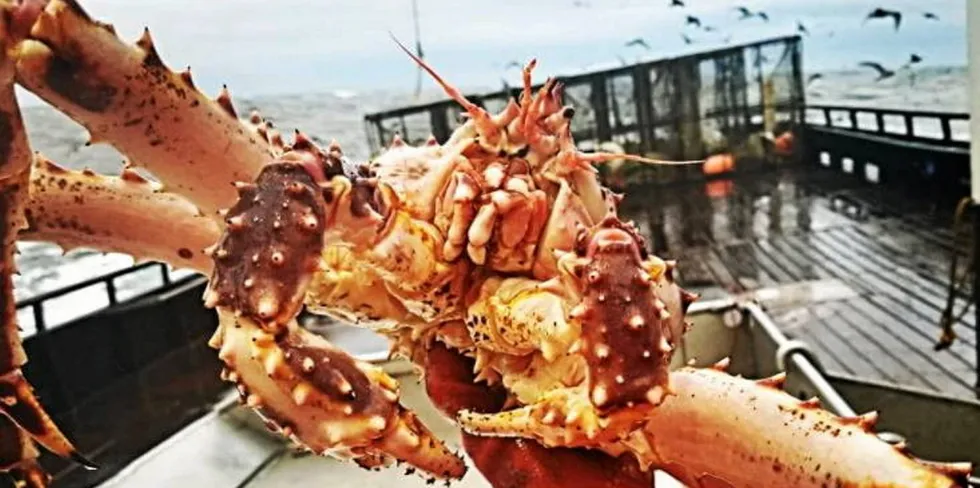Bering Sea crab group takes shot at Alaska pollock fishery in criticizing NOAA decision on harvest closures
The group blasted the federal agency for rejecting a request to close some crab grounds 'on the same day they opened pollock fisheries with increased harvest limits and no additional crab or habitat protections.'
